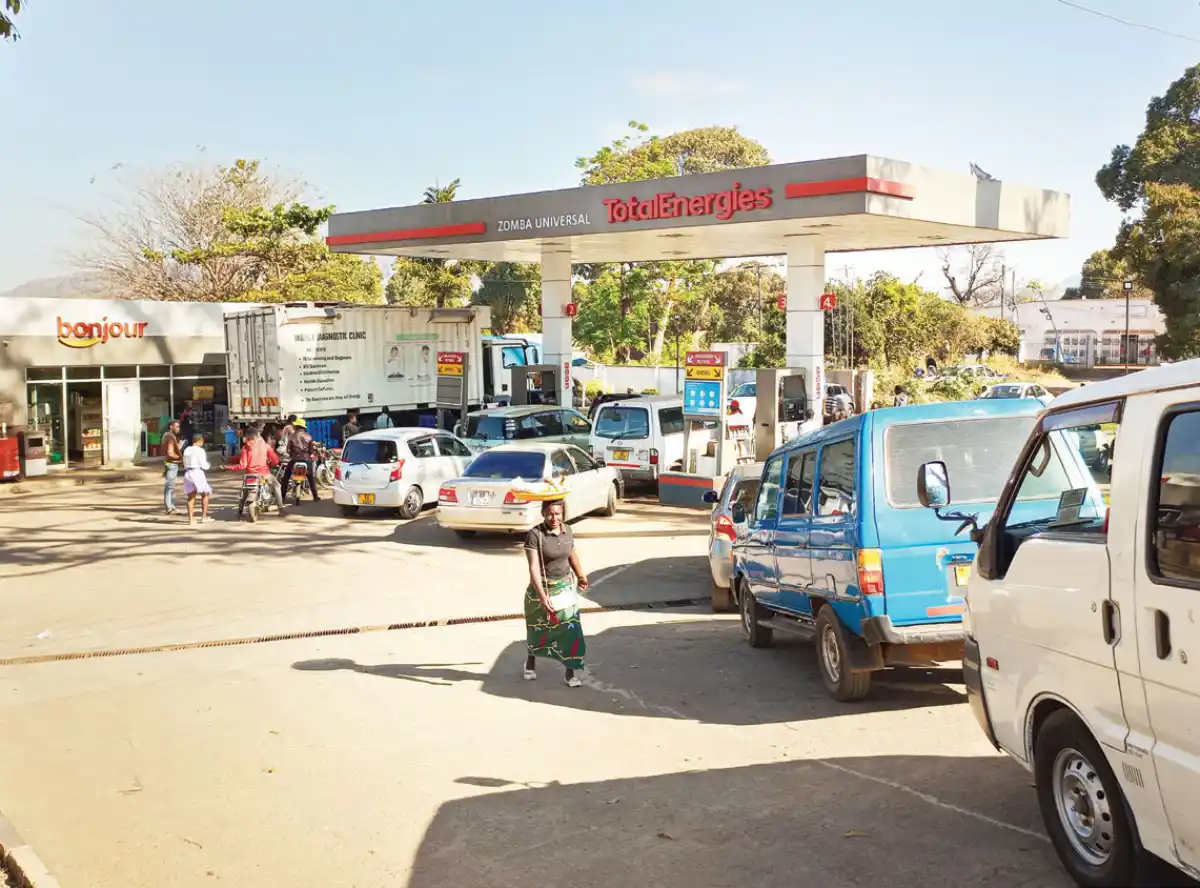
The World Bank has slammed Malawi’s fuel pricing policies describing them as costly and regressive.
This is contained in the World Bank’s 19th Malawi Economic Monitor (MEM) titled ‘Reforming with Urgency—Malawi’s Path to Economic Stability’ released in Lilongwe last week.
In the report, the Bretton Woods institution has faulted the way the Automatic Fuel Price Mechanism, which was developed in response to Malawi’s previous foreign-exchange and fuel crises in 2012, is managed.
According to the bank, the Automatic Fuel Price Mechanism was designed to stabilise fuel prices while keeping them market-reflective.
Under the Automatic Fuel Pricing Mechanism, pump prices qualify for an adjustment when the landed costs of petroleum products move beyond the ± 5 percent trigger limit.
The World Bank, however, notes that the calculated fuel price has long relied on the official exchange rate and on discretionary pricing policies, which ultimately reflect non-commercial considerations.
“The country has also experienced occasional fuel shortages at retail outlets. The bias toward underpricing has led to an additional increase in fuel consumption,” reads the report.
According to the MEM, over the past 14 years, a 10 percent price decrease in the fuel price has been associated with an immediate 2.8 percent increase in the amount of petrol consumed and a 2.1 percent increase in the amount of diesel consumed.
“This implicit subsidy of fuel imports also hampers Malawi’s economic development by reducing the availability of foreign exchange, which reduces the supply of other imports needed for growth and household welfare.
“Recently, fuel demand appears to have declined slightly since the increase in prices in November 2023 following the devaluation, which in turn reduced the size of the implicit subsidy,” the bank says.
Currently, a litre of petrol is being sold at K2, 530. Diesel is being sold at K2, 734 per litre, with paraffin being sold at K1, 910 per litre.
In May, fuel importers threatened to suspend the importation of the product unless prices went up.
Parliamentary Committee on Natural Resources and Climate Change Chairperson Welani Chilenga backed calls to hike fuel prices.
He said in the Southern African Development Community region, it is only Malawi that has lower prices of fuel than other countries despite that the fuel comes from the same market.
Malawi Energy Regulatory Authority Chief Executive Officer Henry Kachaje was not immediately available for a comment








0 Comments